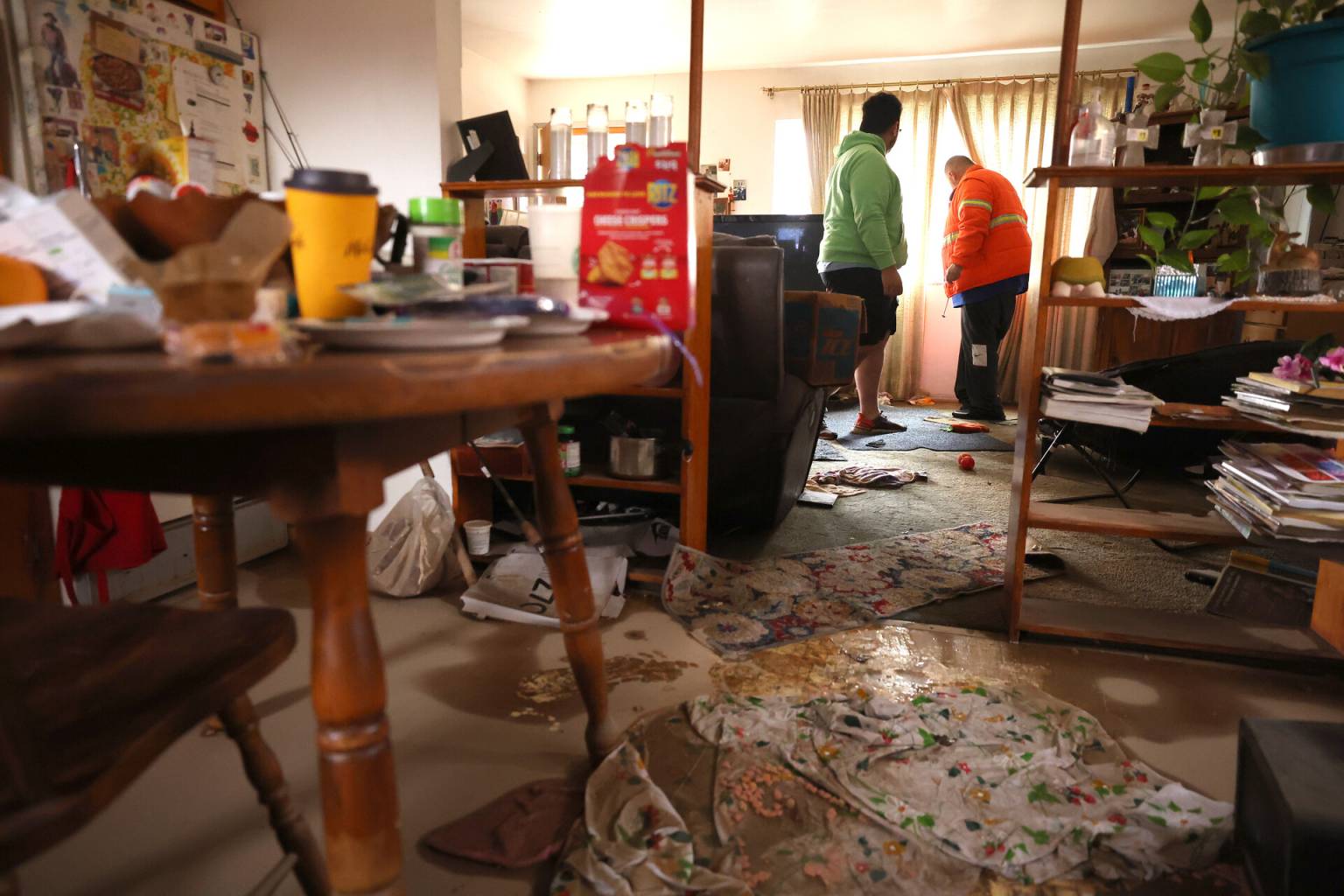Renters headed about 36% of the nation’s 122.8 million households in 2019. If you’re one of them, whether you’re renting a single-family house in a small town or a studio apartment in an urban 300-unit high-rise, you might feel like you’re at a disadvantage.
“In general in our country, we’re very oriented toward property ownership,” says Lisa Bates, a professor at the Toulan School of Urban Studies and Planning at Portland State University in Oregon. “Renters face an uphill battle in policy and in law because they’re always considered subordinate in terms of their rights in the space.”
But not owning your home shouldn’t mean you experience unstable living conditions, she says.
“No tenant is alone,” says Nina Rosenblatt, the know your rights training coordinator for the California-based tenants’ rights coalition, Tenants Together. “All tenants in all states have some extent of rights.”
This is true regardless of disability, family status, immigration status or age but regulations and resources vary depending on which state — and even zip code — you live in, so it’s important to understand your specific rights.
To start, here are some tips to help you become a more empowered renter regardless of where you live:
Learn to read your lease agreement
There is no standard rental agreement. So it’s critical to look at the unique contours of your lease and note any additions or omissions that might affect your standard of living or that might be outside local laws.
Look closely at any fees on top of monthly rent. If there’s a late rent fee, Rosenblatt says that number should be no more than about 5% of your monthly rent. And if a lease doesn’t specifically list a fee, know your landlord can’t tack on an arbitrary fee after the lease has been signed.
Rosenblatt says she’s also seen things like expensive application fees and move-in fees charged to new tenants for things like fresh paint, key fobs or the use of a freight elevator. So make sure any additional costs seem reasonable and affordable to you. If you feel something might be off, try and look at other local rental applications and lease agreements, or ask friends and family about their experiences renting in the area.
Also, look out for vague timelines and overly broad language. “Most states have a law which specifies that the landlord is responsible for making any appropriate and necessary repairs,” says Rosenblatt. So watch out for phrases like “the tenant is responsible for all damages and repairs” or “this lease can be amended at any time during the year of tenancy.” Phrases like these could be a landlord’s attempt to transfer responsibility to a tenant unfairly.
If you realize after signing your lease that some language or a clause seems fishy, Paula Franzese, legal scholar and professor of property law at the Seton Hall University School of Law, says fear not. Any clause deemed “unconscionable” or “oppressive” would be unenforceable if you sought legal action.

